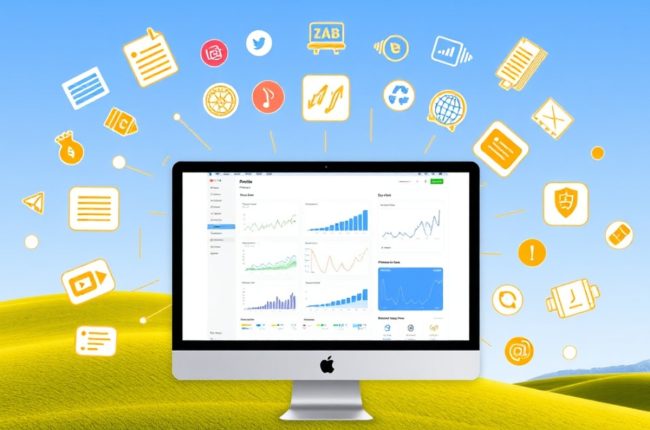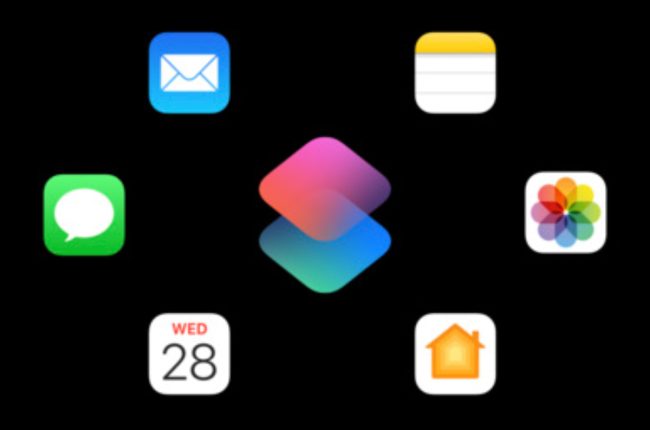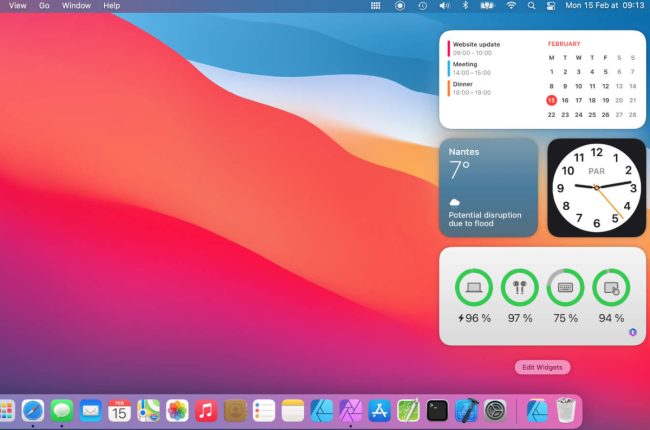A workspace feels different when time is visible. Not loud. Not demanding. Just present. On a Mac with multiple screens, a full-screen clock changes how the day flows. It reduces mental clutter. It softens transitions…
Your Mac screen is the place where hours quietly pass. Work sessions. Music is playing in the background. Late-night browsing. A wallpaper sits beneath all of it. It should feel right without asking for attention.…
macOS projects generate more spoken content than most teams realize. Planning calls, design reviews, demos, and screen recordings often contain decisions that never reach written documentation. Audio transcripts close that gap by turning sound into…
Building ML models with Create ML opens the door for anyone interested in turning data into intelligent, practical solutions. Whether you are a content creator looking to personalize experiences, a business aiming to predict customer…
Integrating with App Intents is quickly becoming a key consideration for macOS developers who want to make their apps smarter, more responsive, and more connected with system features. By taking advantage of App Intents, developers…
The world of macOS development is expanding, and apps for VisionOS are at the forefront of this growth. VisionOS introduces a new dimension of possibilities, combining augmented reality, immersive visuals, and innovative interaction methods. For…
Interactive desktop widgets have become a valuable tool for Mac users who want to make their desktops more functional, personal, and dynamic. These small applications do more than just display information; they provide a direct…
Apps are essential tools in our daily digital lives, yet many users remain unaware of how an app’s energy use can affect their devices. High energy consumption not only drains battery life but can also…
Improving app launch time can make the difference between a loyal user and someone who deletes your app within minutes. People expect apps to open almost instantly, whether they are checking messages, ordering food, or…
Optimizing app performance has become one of the most valuable skills for any macOS developer working in today’s Apple Silicon environment. Whether you are building productivity tools, creative software, or niche utilities, the move to…









